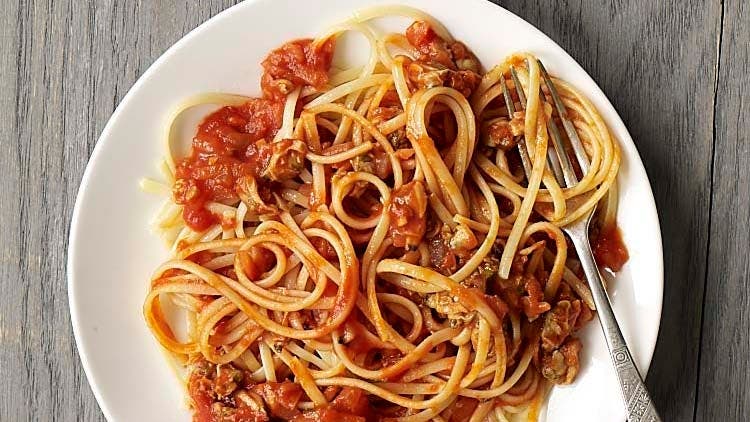Why carbs are important


Depending on who you ask, carbohydrates are either an incredible and efficient source of energy or they’re the culprit behind weight gain and fatigue. As it turns out, carbohydrates have the potential to do both. However, the negative effects of a high-carb diet only come into play if you limit your choices to sugary foods and super-refined grains. If you currently enjoy a varied diet full of fresh veggies, fruits, legumes, and whole grains then you’re probably aware of how fantastic you feel eating a high-fibre and nutrient-rich selection of whole foods (many of which are ZeroPoint foods.) Still feeling nervous about including carbs in your daily eating plan? It’s time to get reacquainted with this important macronutrient and discover just how powerful a role it can play in a healthy and balanced diet.
What is a carbohydrate?
At their most basic level, carbohydrates are made from carbon, hydrogen, and oxygen. Carbohydrates are most often described as providing energy for the body but they also help store energy for later use, build macromolecules (large molecules made from smaller molecules) and they allow protein and fat to be used in other bodily functions. Carbohydrates are organized into three distinct types: fibre, starch, and sugar. Fibre and starch are examples of complex carbohydrates and sugar is classified as a simple carbohydrate.
Complex carbohydrates
Eating a diet rich in complex carbohydrates will leave you feeling satiated for hours between meals. A high-fibre diet has been shown to reduce the risk of Type 2 diabetes as well as certain cancers, promote healthy digestion, and lower blood pressure. Health Canada recommends that women consume 25 grams of dietary fibre each day, while men can require up to 38 grams daily in order to reap the benefits. Starchy foods are also generally high in fibre (with the exception of ultra-refined grain products) and they can also be an excellent source of vitamins and minerals.
Examples of complex carbohydrates that are ZeroPoint foods include:
- Beans and pulses: chickpeas, kidney beans, black beans, lentils, peas, and any other favourite items from the legume family
- Leafy green vegetables: kale, Swiss chard, cabbage, bok choy, spinach, mustard greens, beet greens, and collard greens
- Fresh fruits: bananas, apples, pears, berries, stone fruit, kiwi, melon, tropical fruit, figs, and citrus fruit
- Rainbow veggies: beets, celery, peppers, squash, cauliflower, broccoli, eggplant, tomatoes, and carrots
Other examples of nutrient-packed, high-fibre foods include:
- Yams, sweet potatoes, yucca, parsnip, cassava, and plantains
- Avocados
- Whole grain baked goods
- Chia seeds, hemp seeds, flaxseeds, pepitas (pumpkin seeds), and sesame seeds
Simple carbohydrates
Unlike complex carbohydrates, simple carbohydrates are digested quickly and generally discourage feelings of long-term fullness. Eating simple carbs can lead to a spike in blood sugar as they are high on the glycemic index (a scale that indicates how quickly blood glucose levels rise after eating certain types of carbohydrates.) Simple carbs are broken down into two main categories: sugars and refined grains.
Sugars include agave sweetener, molasses, syrup, honey, granulated sugar, brown sugar, icing sugar, and high fructose corn syrup. Refined grains are most often found in ultra-processed foods. Simply put, they are grains that have been stripped of their nutritional value. Dairy products contain lactose, a type of sugar. Depending on how well you tolerate lactose and despite it being a simple sugar, supplementing your diet with dairy products can help you meet your daily calcium, vitamin D, and protein targets.
